Robert Cray's top 5 tips for guitarists
Blues guitar legend shares essential advice for better solos
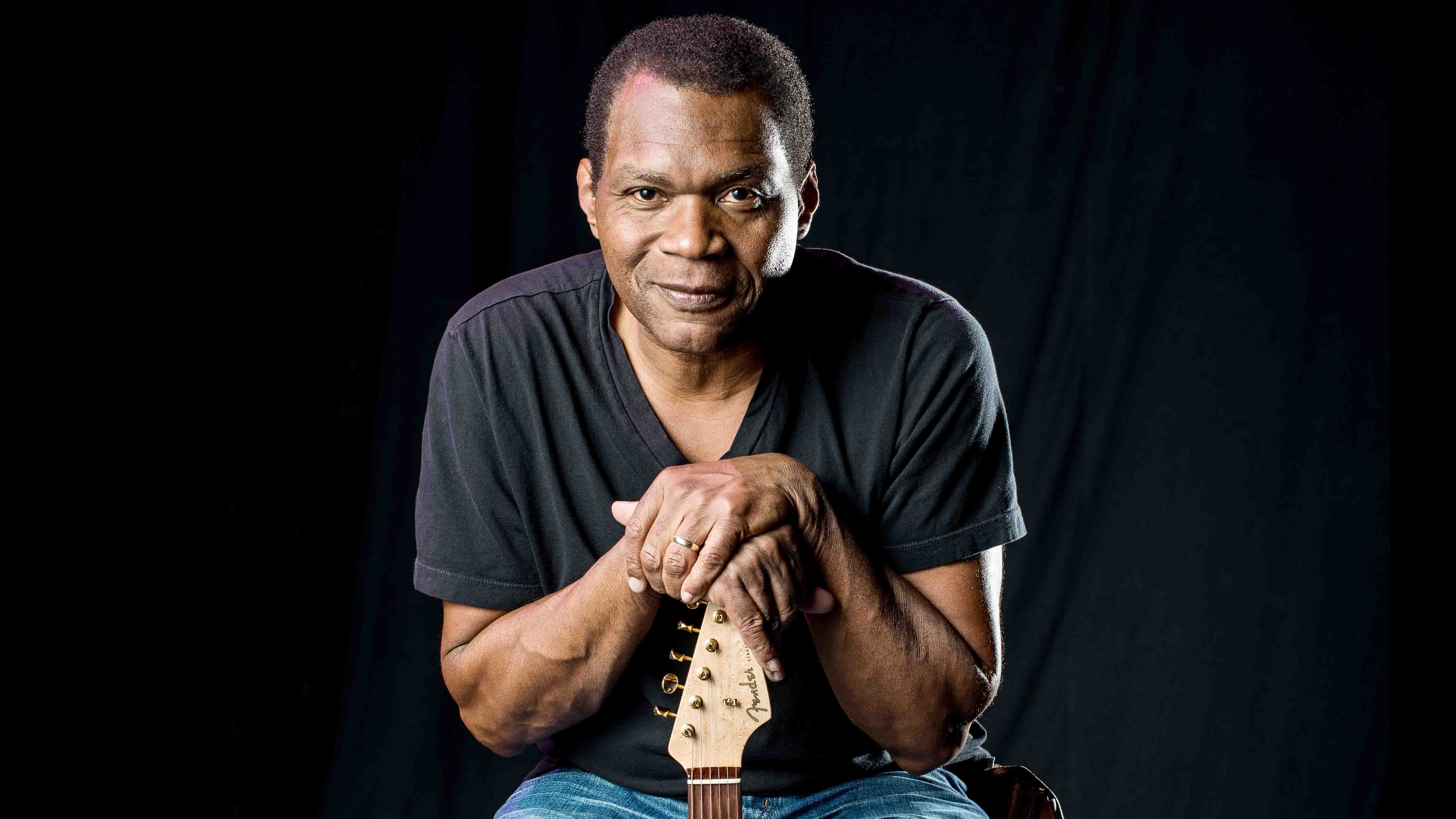
Introduction
As a blues guitar legend, Robert Cray has some pretty fascinating stories to tell.
The 63 year-old Georgian, who looks remarkably young for his years, was name-checked by President Obama as one of the greatest bluemen alive. He’s jammed with many of his heroes, ultimately joining that very elite club in the process - an invitation only extended to masters of the scene.
Recalling the evening of August 26 1990 - which would sadly be the night of Stevie Ray Vaughan’s final performance before his untimely death, taking place at the Alpine Valley Music Theatre in Wisconsin - Cray prefers to focus on the camaraderie with his cohorts backstage than weighing up the ‘what ifs?’
When I look back on that night [at Alpine Valley], all I remember is the fun that we had
“When I look back on that night, all I remember is the fun that we had,” reveals Cray, with an air of sadness underneath his radiant positivity.
“That’s what I want to remember. We hadn’t seen each other for a while - there was me, Stevie, his brother Jimmie Vaughan, Eric Clapton - and the other players from different nights like Buddy Guy and Bonnie Raitt.
“We all sat at the table and talked about where we’d been and what recordings we had coming up… just as good friends. That’s what I like to remember.”
The Grammy-winning artist, whose career now stretches four decades, will be returning to the UK for a string of dates this April/May. He’ll be showcasing new tracks from his upcoming album with the legendary Hi Rhythm Section, as well as unearthing various gems spanning the breadth of his entire musical journey.
For this run, he says he’ll be sticking to old favourites rather than trying to update his rig…
“There’s nothing new, no pedals or amps or anything like that,” confesses Cray. “I like to use Magnatone amplifiers for a lot of recordings, especially because I like the vibrato function - which got used a lot on the last record.
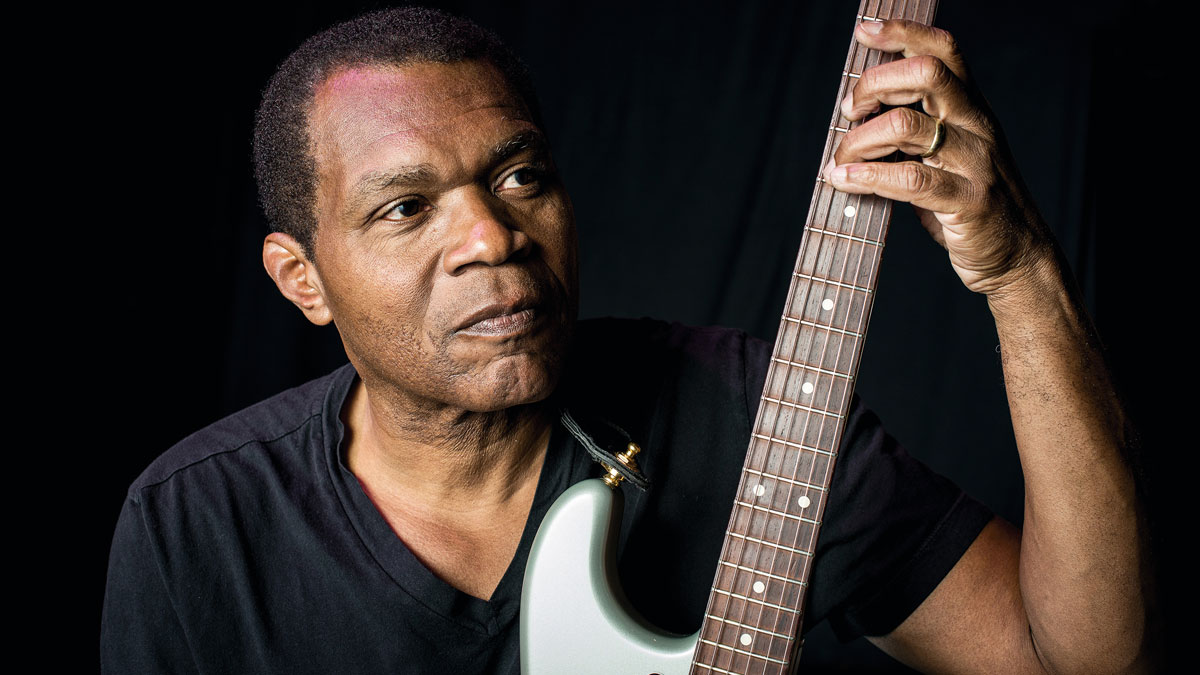
“That’s basically it… I went from playing a Super Reverb, then a Vibro-King, then a Matchless before settling on Magnatone - which is now what I take with me to the studio. And, of course, I’m still rocking the Strat, though elsewhere on the album I used a Gibson Le Grande semi-acoustic.
“We’re also looking forward to coming over because it will be the start of an exciting chapter with a new drummer called Terence Clark,” grins Cray.
“He joined the band just over a month ago. It’s been a real kick in the butt for us and a lot of fun! It’s been nearly two years since we last came over, so it’s gonna be fun… that’s what it’s all about.”
And now, the blues king gives up five tips to musical greatness…
Robert Cray tours the UK in April/May:
Sat 29 Apr Cheltenham Town Hall
Sun 30 Apr Liverpool Philharmonic Hall
Mon 1 May Edinburgh Queen's Hall
Wed 3 May London Cadogan Hall
Thu 4 May Salisbury City Hall
Fri 5 May Guildford G Live
Sun 7 May Birmingham Town Hall
Mon 8 May Buxton Opera House
Tue 9 May Gateshead The Sage
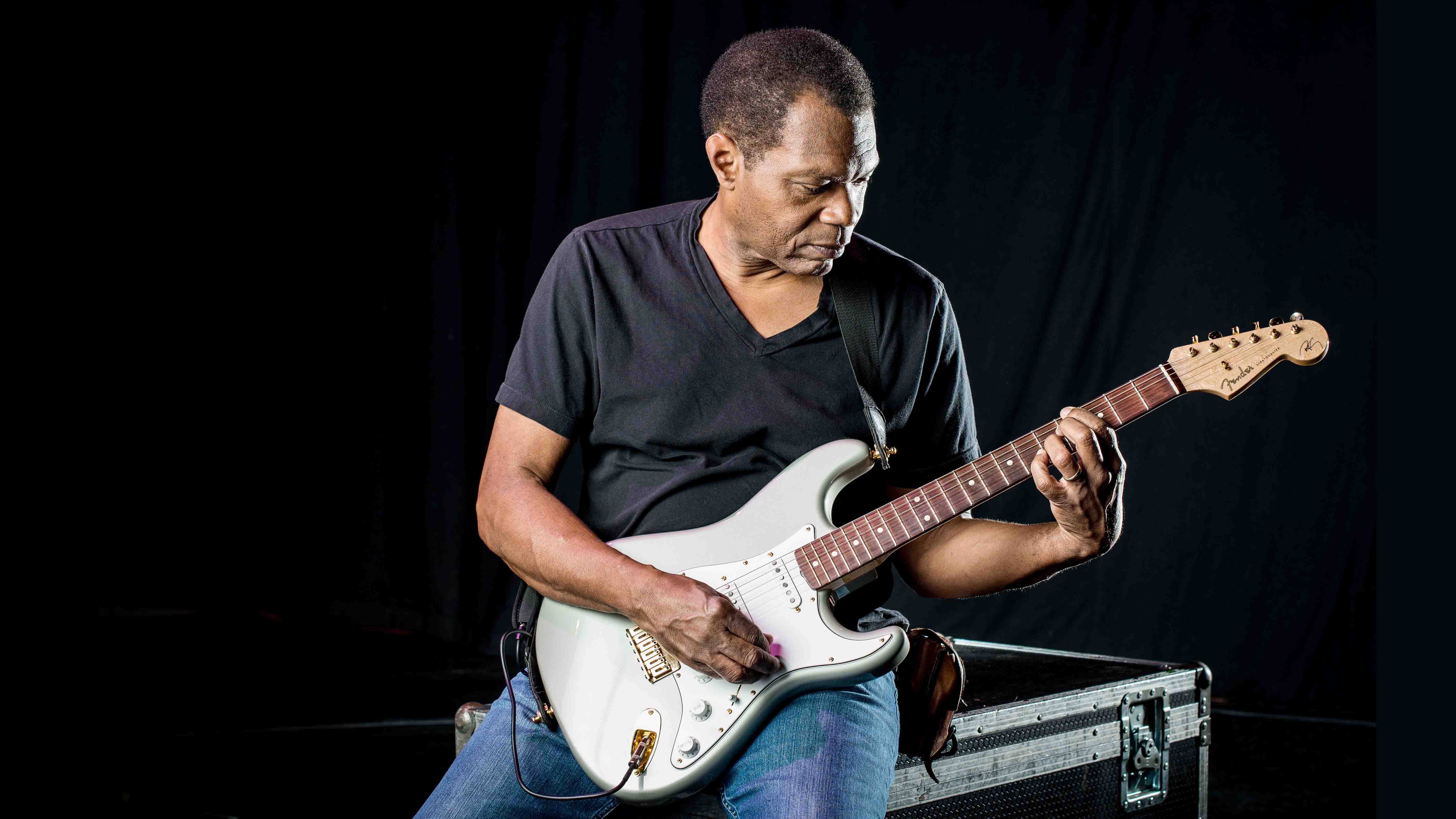
1. Start with the song
“I think this is the most important thing as a musician. Take it in as a whole; don’t take it apart straight away. Listen to the flow; listen to the story and the feeling, what the songwriter is trying to get you to hear inside it… maybe through the lyrics.
“That should set you up for the mood the song is creating, and then you’ll be able to synthesise how a solo goes or the rhythm of the song. When you understand the conversations musicians have within a song, you’re on the right track.
“BB King could say it all in one note, or Buddy Guy can get really excited and go mad, playing frantically or being silly, even. You can hear the vibrato on the slide when Robert Johnson is playing Come On In My Kitchen. The song is the mood: once you understand that, you can understand what you need to do within it.”
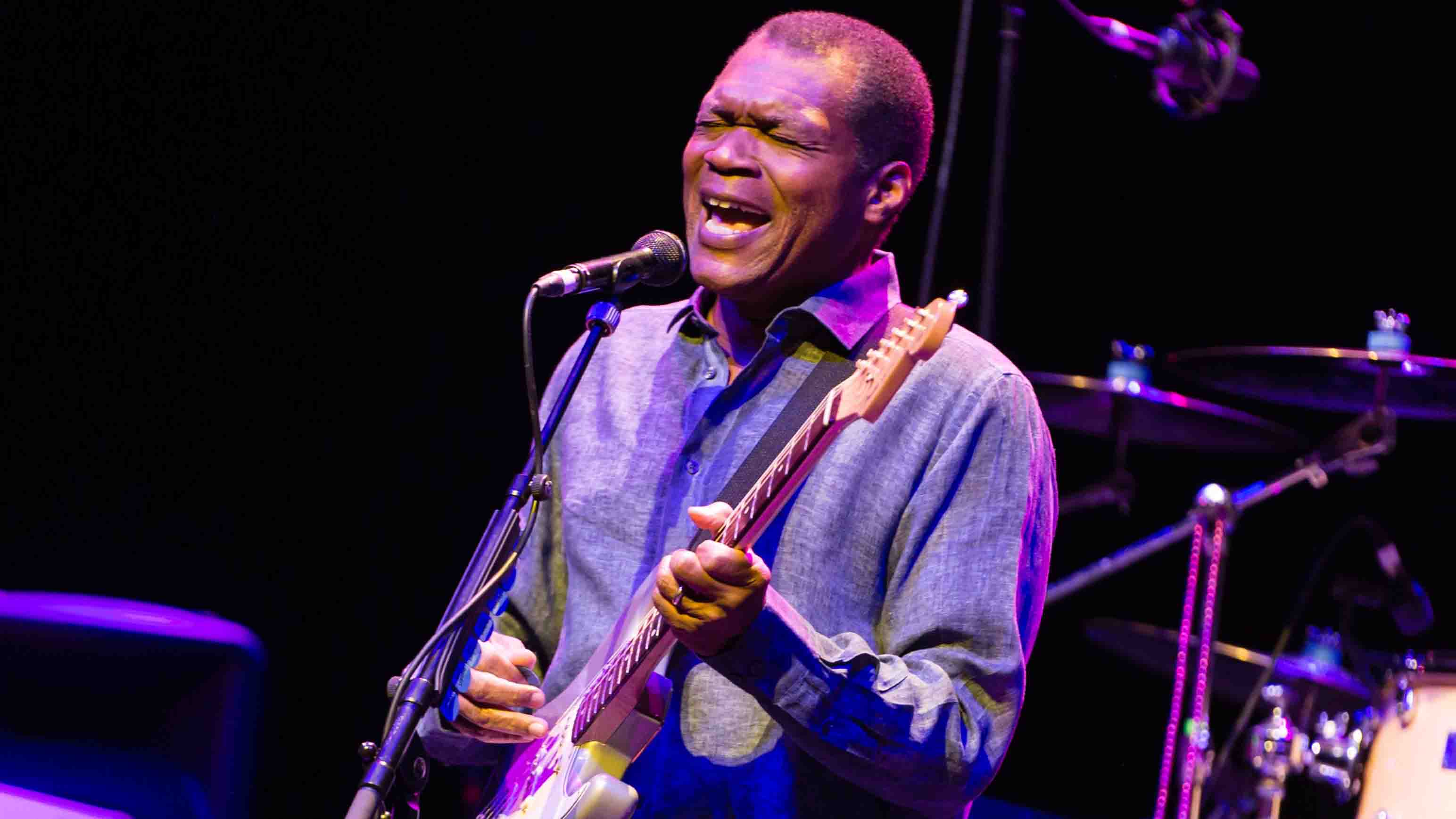
2. Know how to groove
“Rhythm is very important. Howlin’ Wolf or Muddy Waters really set up great grooves. The best guitar solos groove - it comes out when you’re playing in a big band.
“For example, when Muddy Waters plays Louisiana Blues and sings, ‘Let’s go back to New Orleans, boys!’ - that groove they go into is irresistible. Or Howlin’ Wolf doing Smokestack Lightnin’ - that rhythm is so deep and pure country. You can picture yourself walking down a road, with the heat and humidity of the South, the moss hanging off the trees.
“I like music that takes pictures - you have to put yourself in that frame of mind and beat together as a unit for the groove.”
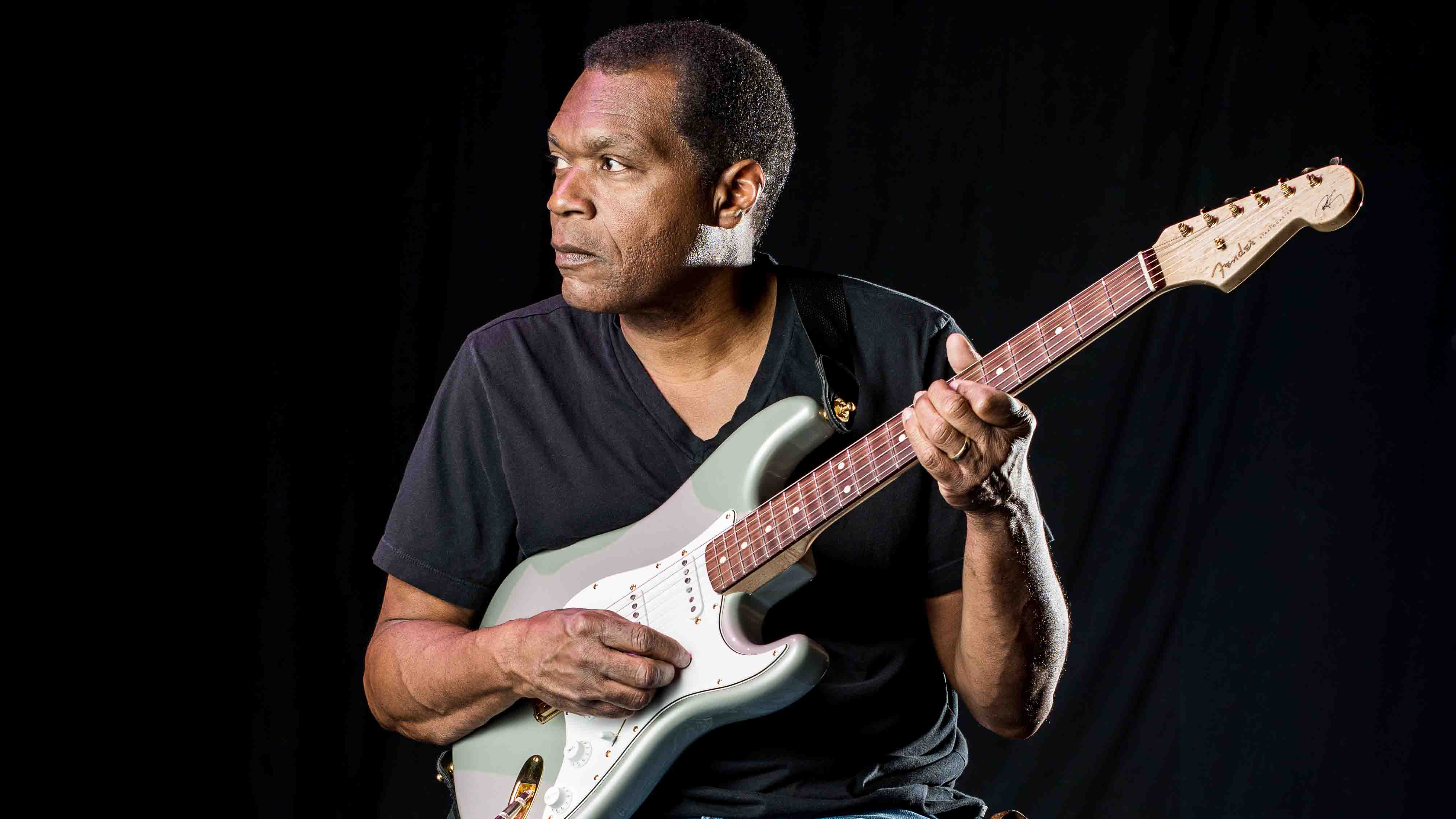
3. Think about what everyone else is doing
“Listening to all the other musicians is very important. Whether you’re on stage or at rehearsals, listen to what everyone else is throwing down. That will give you the bigger picture of how a whole band can mesh, you know?
“Everybody can play their part and still have an opportunity to be free with it. Keep things simple, don’t hand out parts for people to play, be loose and improvise together like jazz players. You have to listen, you have to know and trust.
“Put yourself in the moment and in the song. I don’t think in terms of scales; I’m playing the song. I find that to be much more of an important outlook, overall.”
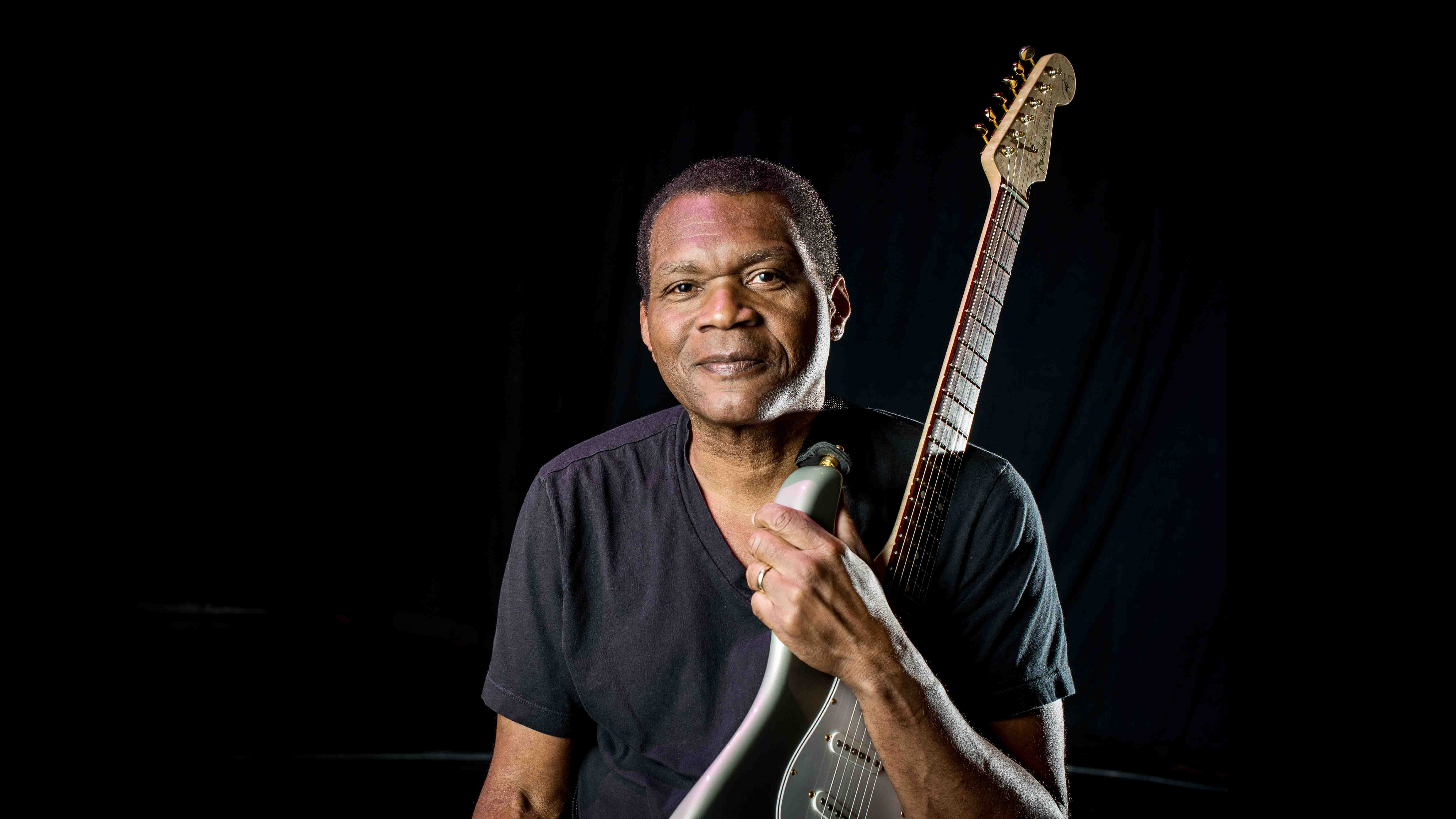
4. Don’t forget to have fun
“It’s pretty damn important! Don’t beat yourself up if you have a bad night or bad show. There’s always tomorrow… that’s what it’s all about. Don’t put a rush on success - that word should mean having the opportunity to play what you want.
“Everybody wants to be famous, everybody wants to be the best - I’ll tell you one thing: there is no best! We are all unique, with our own style; just be happy to play whenever you get the opportunity to.”
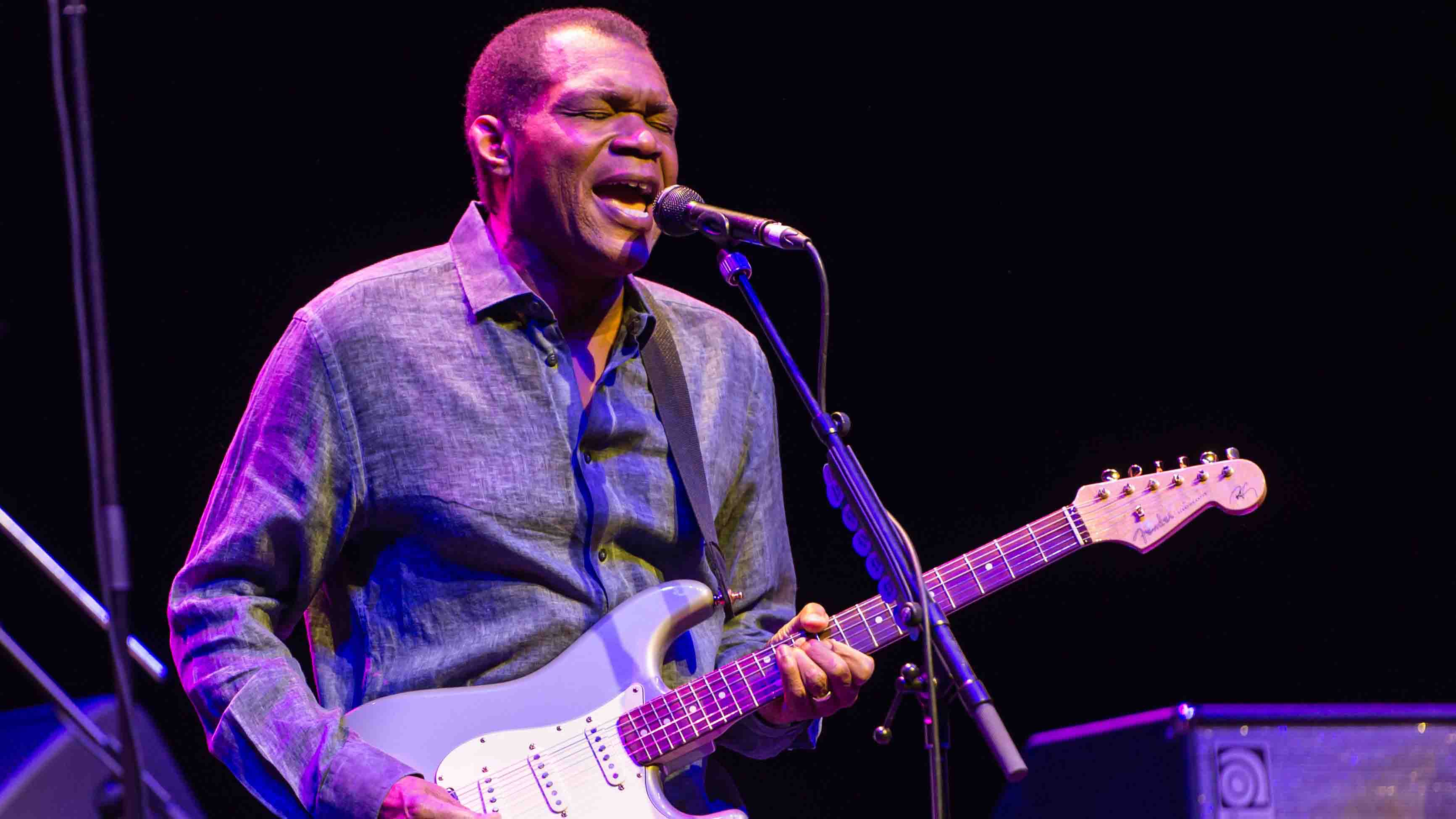
5. Take listeners to different parts of the world
“Steer away from playing any particular scale or style from one area of the world. Listening to different styles of music will help: there’s jazz, country, rock ’n’ roll, music from Brazil or Africa - they all take you to different places and will open up new spectrums.
“You’ll start to hear new things in your head, outside of the world of scales and shapes. It’s the world of music - that’s when you start opening up your mind.”
Amit has been writing for titles like Total Guitar, MusicRadar and Guitar World for over a decade and counts Richie Kotzen, Guthrie Govan and Jeff Beck among his primary influences. He's interviewed everyone from Ozzy Osbourne and Lemmy to Slash and Jimmy Page, and once even traded solos with a member of Slayer on a track released internationally. As a session guitarist, he's played alongside members of Judas Priest and Uriah Heep in London ensemble Metalworks, as well as handling lead guitars for legends like Glen Matlock (Sex Pistols, The Faces) and Stu Hamm (Steve Vai, Joe Satriani, G3).
